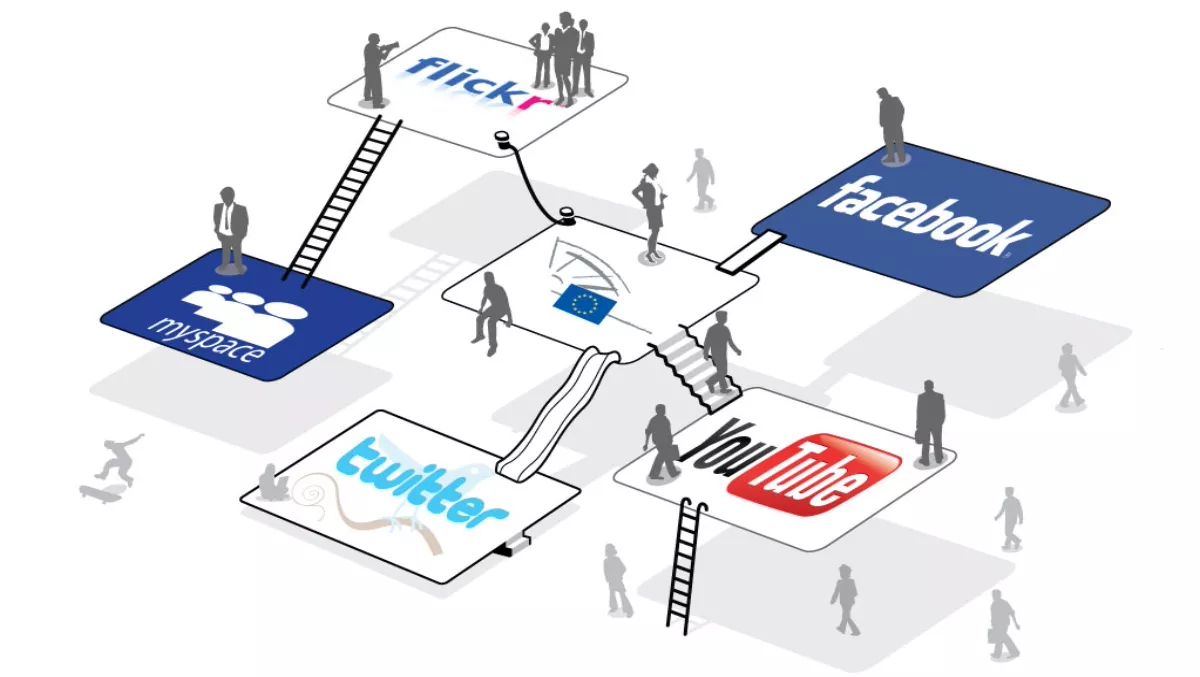
Recruitment gets social
Where can talented people be found these days? Facebook has a far bigger pool of possible candidates than you or any recruiter can boast - more than 500 million active users network and share information on this platform. Of course quantity isn’t always everything, but imagine the wealth of talent that lives within this and other networks. How can you track these individuals down?To a certain extent it’s the recession that has driven a rise in the use of social media as a hiring tool. The goal has been to cut costs, and traditional recruitment can be seen as expensive. Social media tools are complementary to, rather than a replacement for, traditional recruitment processes and the use of them certainly requires an underlying social media hiring strategy to maximise the value of these tools. While it is usually free, or perhaps low-cost, to join these networks, the real cost stems from the time and effort required to make them useful.IT companies looking to hire and retain staff are finding new opportunity in social media - they’re also becoming aware of the challenges. Job seekers must be creative to stand out from the crowd. At the same time it works in a similar way for the employer. Businesses are having to be more aware of the need to consider the image they present to the world through social media. Why would someone want to work for you? What impression does an job seeker get when they come across your corporate profile or interact with your company’s tweets? What are people saying about your company? Social media is conversational by nature and with this, both good and bad perceptions of your company can quickly become widespread, so it’s important to engage.You can reach a more passive audience through social media. People who are not actively in the job market, but who take an active interest in your company, will follow your blogs, tweets and Facebook newsfeed. You reach a much wider audience than just active job seekers, and this long-term engagement can really pay off, for future recruitment drives and for overall external brand perception.Give potential employees a sense of what it is like to work for your company. Talk about what you are doing, the things your company is passionate about, and what a day in the office looks like. This should be a part of your wider social media strategy when considering your audiences.The ethics of recruiting via Facebook and other platforms often comes into question, but it’s very true that you can learn a lot about a person by browsing through their interactions. Facebook for business recruiting is not as broadly accepted as alternative professional networking site LinkedIn. This platform has been specifically designed to facilitate a CV-style job profile, and it’s very much about you with your professional work hat on. You’re unlikely to get the same level of candid exchanges between those who know each other by professional association rather than old school social networks, for example.A challenge of social media is the perception of the demographic of people using it. Facebook was initially designed for coIlege students as a way to interact with classmates within their community and even now, Facebook is widely seen as something for the younger generation.Social media can be well worth incorporating into your recruiting programme, but you need to make sure that any social media recruiting activities are aligned well within your company’s overall social media strategy and existing recruiting processes. It’s not a replace-all method, but rather a way to enhance your ability to source and capture talent.

